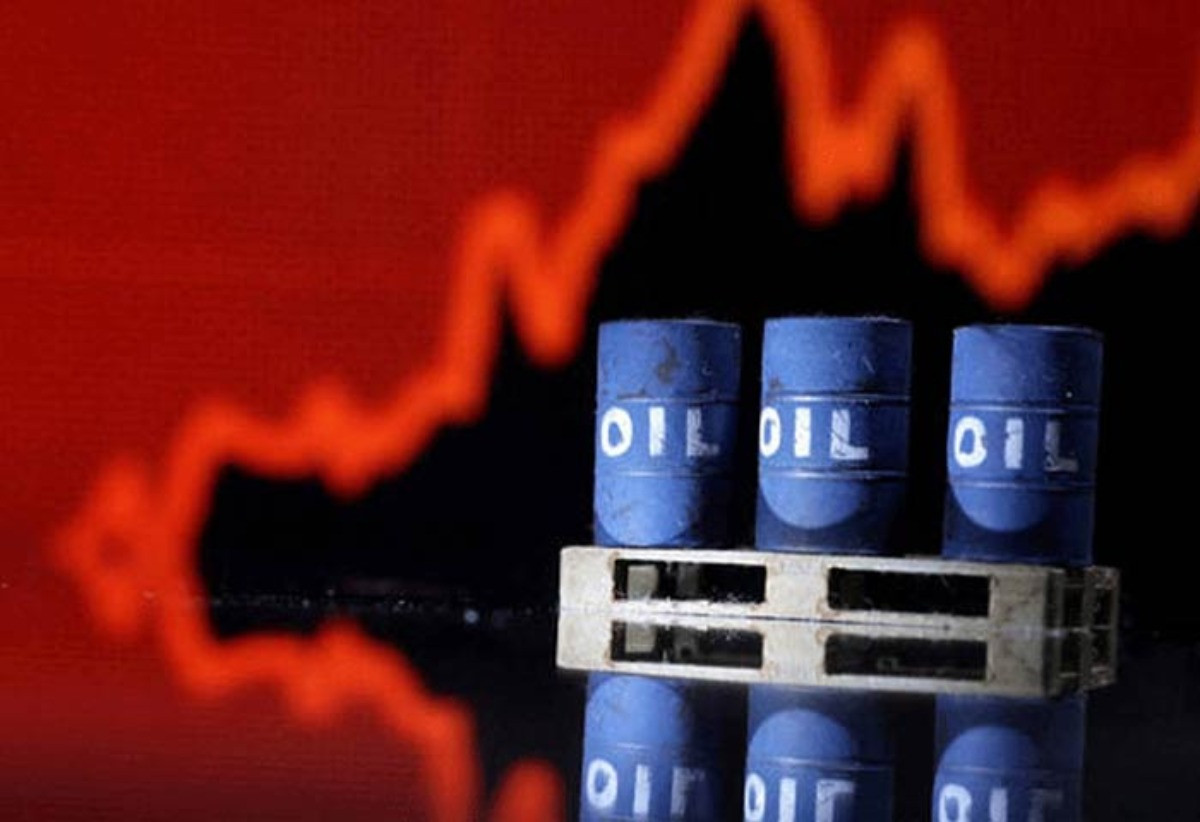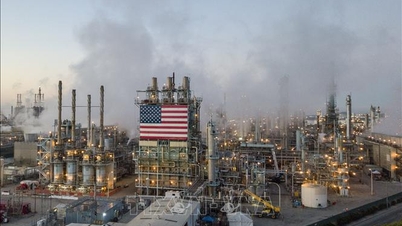Domestic gasoline prices today February 13, 2024
In the domestic market, the selling price of gasoline and oil today, February 13, is applied according to the price of the operating session on the afternoon of February 8.
Accordingly, the retail price of gasoline was adjusted down by the Ministry of Finance and the Ministry of Industry and Trade. In particular, the price of RON 95 gasoline decreased sharply, to 23,000 VND/liter.
Specifically, the price of E5 gasoline decreased to 22,120 VND/liter. The price of RON 95 gasoline decreased to 23,260 VND/liter.
Diesel price dropped to 20,700 VND/liter. Kerosene retail price dropped to 20,580 VND/liter.
Retail price of gasoline today:
| Item | Price from February 8 (unit: VND/liter) | Compared to the previous period |
| RON 95-III gasoline | 23,260 | - 900 |
| E5 RON 92-II gasoline | 22,120 | - 790 |
| Diesel | 20,700 | - 290 |
| Oil | 20,580 | - 340 |
World oil prices today February 13, 2024
In the world market, gasoline prices today, February 13, continued to decline following the downward trend from the previous session.
On February 12, international oil prices reversed and decreased after rising sharply last week.
According to data from Oilprice, at 7:23 p.m. on February 12 (Vietnam time), Brent oil price was trading at 81.24 USD/barrel, down 0.95 USD, equivalent to 1.16% compared to the previous session. Meanwhile, WTI oil price was at 75.95 USD/barrel, down 0.89 USD, equivalent to 1.16% compared to the previous session.

Analysts say oil prices cooled as supply concerns eased.
Oil prices fell after Israel said it had ended its military operations in southern Gaza, easing concerns about Middle East supplies.
Along with that, information about US oil production also contributed to easing concerns about supply.
US energy companies recently increased the number of oil and natural gas rigs operating to the highest level since mid-December 2023. US oil production rose to a record high of 13.3 million barrels per day last week.
Meanwhile, the market remains concerned about oil demand. Trading activity in Asia is expected to be thin, as most countries in the region are on holiday for the Lunar New Year.
A US Federal Reserve official recently said he does not support cutting interest rates because the agency still needs to control inflation. Rising interest rates often slow economic growth, limiting oil demand.
Last week, world oil prices increased by more than 6%, after decreasing by more than 7% the previous week, recording the strongest weekly increase since the beginning of the year.
Oil prices rose for five consecutive sessions due to geopolitical instability in the Middle East, raising concerns that global supply will be limited.

Source



![[Photo] Students of Binh Minh Primary School enjoy the full moon festival, receiving the joys of childhood](https://vphoto.vietnam.vn/thumb/1200x675/vietnam/resource/IMAGE/2025/10/3/8cf8abef22fe4471be400a818912cb85)

![[Photo] Prime Minister Pham Minh Chinh chairs meeting to deploy overcoming consequences of storm No. 10](https://vphoto.vietnam.vn/thumb/1200x675/vietnam/resource/IMAGE/2025/10/3/544f420dcc844463898fcbef46247d16)


































































































Comment (0)